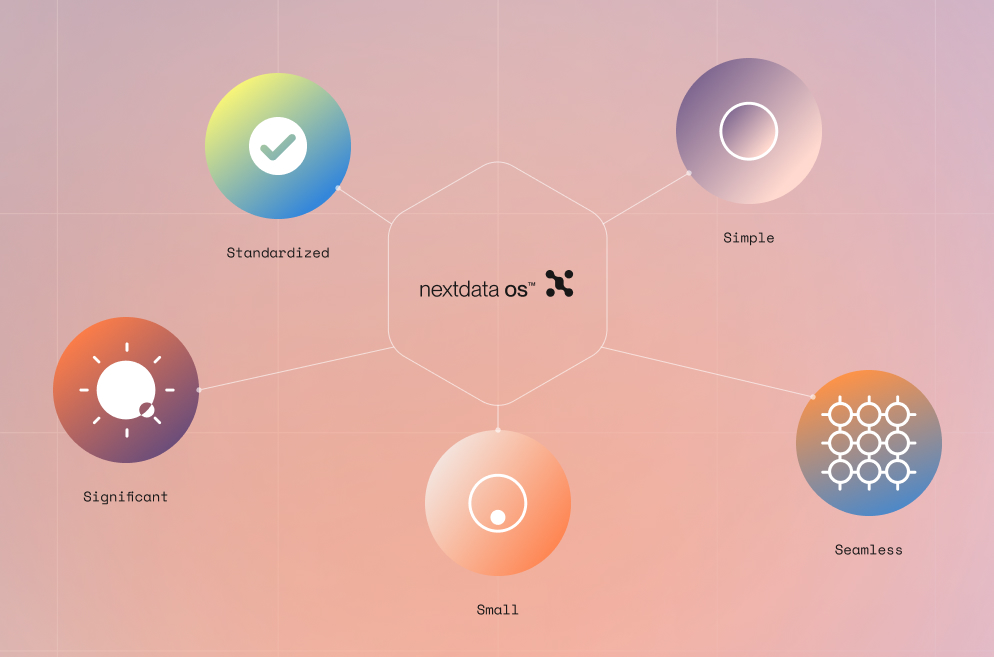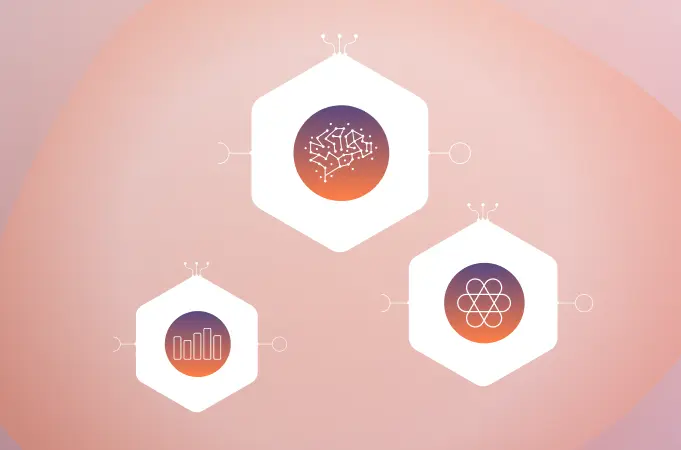Our Company
Why we started Nextdata
When I first developed the concept of data mesh in 2018, I understood the magnitude of the change I was proposing. I didn’t quite understand how people would respond.
The idea took on a life of its own. It’s become the subject of countless conferences and articles. Hundreds of organizations from a variety of industries have attempted it. I’ve helped many with their journey.
Now, I fully understand why the response has been so powerful. Decentralized data is the revolution humankind urgently needs — now.
The value promised from data hasn’t been realized, primarily because today’s ways of managing data for analytics, AI, and machine learning were conceived in a paradigm where data was treated like oil: as a precious resource to be extracted, pumped via pipelines to a storage facility, processed, and consumed.
This creates a compounding series of problems. Fragile data pipelines break. Processes are fragmented. Data producers spend their time on low-value processes — mostly moving data between systems — without ever fully considering how data can and should be used. Merely accessing and understanding the data in centralized lakes requires specialized expertise. Siloes proliferate and fill, unquestioned. The struggle to get timely access to data remains, and trust is lost.
The frustration is palpable. I felt it when I worked with data practitioners, data leaders, and professionals of all kinds.
At the organizational level, the methods used to collect and centralize data have slowed down data innovation. At a societal level, the need to collect and control data is leading to an imbalance of power, limiting AI-based innovation to the few who have access to the largest pile of data.
The current methods of data architecture are inefficient at best, and pathologically unfair at worst — we either have disparate and disconnected data sources or monopolized stale data collections.
Data mesh has transformed our mental model of what a thriving data ecosystem looks like. But our tools and techniques leave us with a large capability gap that makes data mesh implementations difficult, expensive, and full of compromises.
My cofounders and I are building Nextdata to fill that gap.
nextdata OS is the data mesh toolset designed to decentralize analytical data at a large scale — within and across organizations. We are introducing the data product container, a new unit of data value designed to be responsibly shared and used at scale. We are reimagining a new developer and user experience, native to data mesh and centered around data products.
Our vision is to build a world where AI/ML and analytics are powered by decentralized, responsible, and equitable data ownership.
Our purpose is to change the experience of creating, sharing, discovering, and using data forever, to be connected, fast, and fair.
Our technology is designed to enable responsible data product sharing across boundaries. Boundaries of organizations, boundaries of technology, and most importantly boundaries of trust, while making it seamless to develop, share, and use data products as a first-class concept.
We named the company Nextdata to focus our attention and set our heart on what comes next: Building a set of data technologies that shape and empower the future engineer, the pragmatic and eternal problem solver who works across data and software seamlessly. We want to remove the boundaries between software and data forever.
It is and will be an unforgettable adventure.
Join us.
If you are a rebel engineer who shares our cause, a data leader who wants to adopt and help design our technology, or an investor interested in shaping the future of analytics and AI, we invite you to get involved.
Help us change the way people create, share, and use data, forever.
Visit nextdata.com or email us at hello@nextdata.com.










